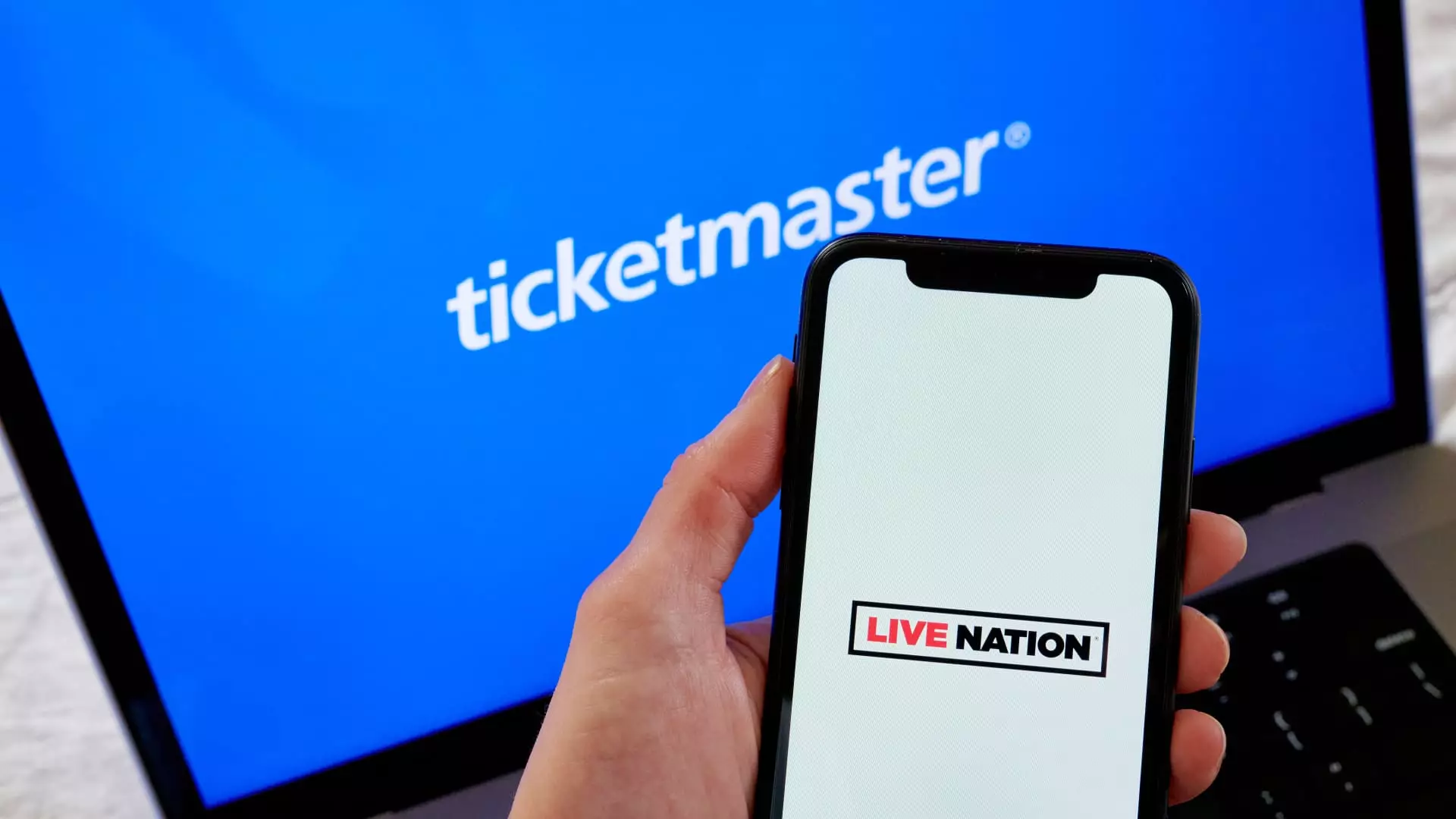The U.S. Department of Justice, together with 30 states, has decided to file a lawsuit against Live Nation, the parent company of Ticketmaster, accusing them of antitrust violations. This legal action comes as a result of an investigation into Live Nation’s potential monopoly within the ticketing industry. The probe was initiated back in 2022, following a series of complaints from fans, particularly after the ticket sales fiasco during Taylor Swift’s Eras tour rollout. Attorney General Merrick Garland stated that Live Nation engages in unjust, anticompetitive behavior to maintain its hold over the live events industry in the United States, resulting in detrimental consequences for fans, artists, smaller promoters, and venue operators.
According to the Department of Justice lawsuit, Live Nation, especially through Ticketmaster, wields substantial influence over the live event landscape, both in the U.S. and globally. The company’s consolidation in 2010 cemented its status as a dominant force, managing ticket sales and overseeing numerous entertainment venues in North America. In particular, the lawsuit points out Live Nation’s control of around 80% or more of primary ticketing for major concert venues, creating a near-monopoly situation that restricts competition and limits choices for fans and industry players.
The lawsuit further alleges that Live Nation relies on a self-reinforcing business model, where it extracts fees and revenue from concert attendees and sponsors to sign exclusive promotion agreements with artists, granting them access to key venues across the country. By cornering the market this way, Live Nation can then coerce new venues into long-term contracts, effectively perpetuating its dominance and preventing meaningful competition. Additionally, the company is accused of stifling rivals by threatening financial repercussions, acquiring smaller competitors, and utilizing its partnership with Oak View Group to consolidate its position in concert promotions.
Live Nation has rebuffed the DOJ’s claims, dismissing them as baseless and a misrepresentation of the industry dynamics. Executives argue that the high ticket prices and fan discontent are not solely attributable to Live Nation and Ticketmaster but are rather influenced by various factors such as production costs, artist demand, and the prevalence of online ticket scalping. Despite the negative publicity surrounding the lawsuit and allegations, Live Nation maintains that it does not engage in monopolistic pricing and that its service charges are comparable to, if not lower than, those of other similar companies.
Amid the legal battle and public scrutiny, Live Nation reported significant growth in its first-quarter revenue, marking it as the “biggest Q1 ever.” The company’s financial success, coupled with ongoing controversies surrounding ticket pricing transparency and hidden fees, underscores the complexities of the live event landscape. As the case progresses, the outcome will not only impact Live Nation and Ticketmaster but also the broader ecosystem of fans, artists, promoters, and venue operators in the industry. The implications of this lawsuit extend far beyond monetary considerations, highlighting the power dynamics and competitive challenges within the live entertainment sector.
The Department of Justice’s lawsuit against Live Nation represents a pivotal moment in the ongoing debate over antitrust practices in the live events industry. The outcome of this legal confrontation will likely shape the future landscape of ticketing, concert promotions, and artist relations, setting a precedent for accountability and fair competition. As stakeholders and observers await further developments, the ramifications of this case reverberate throughout the music and entertainment world, prompting reflection on the balance between market dominance and consumer welfare.


Leave a Reply